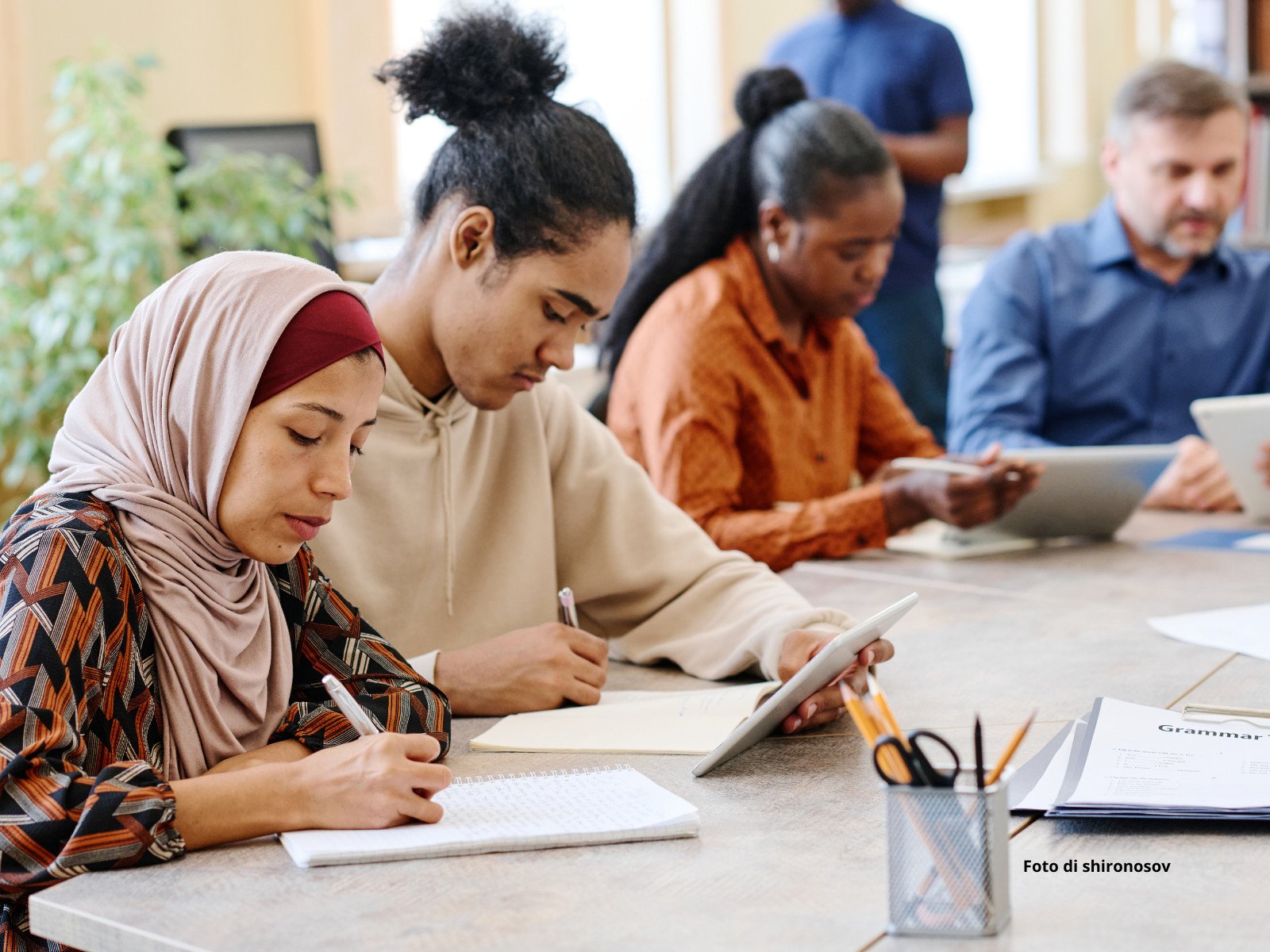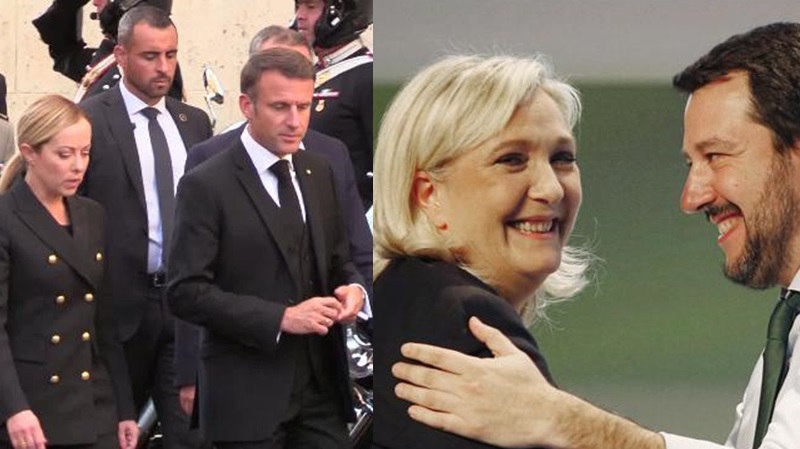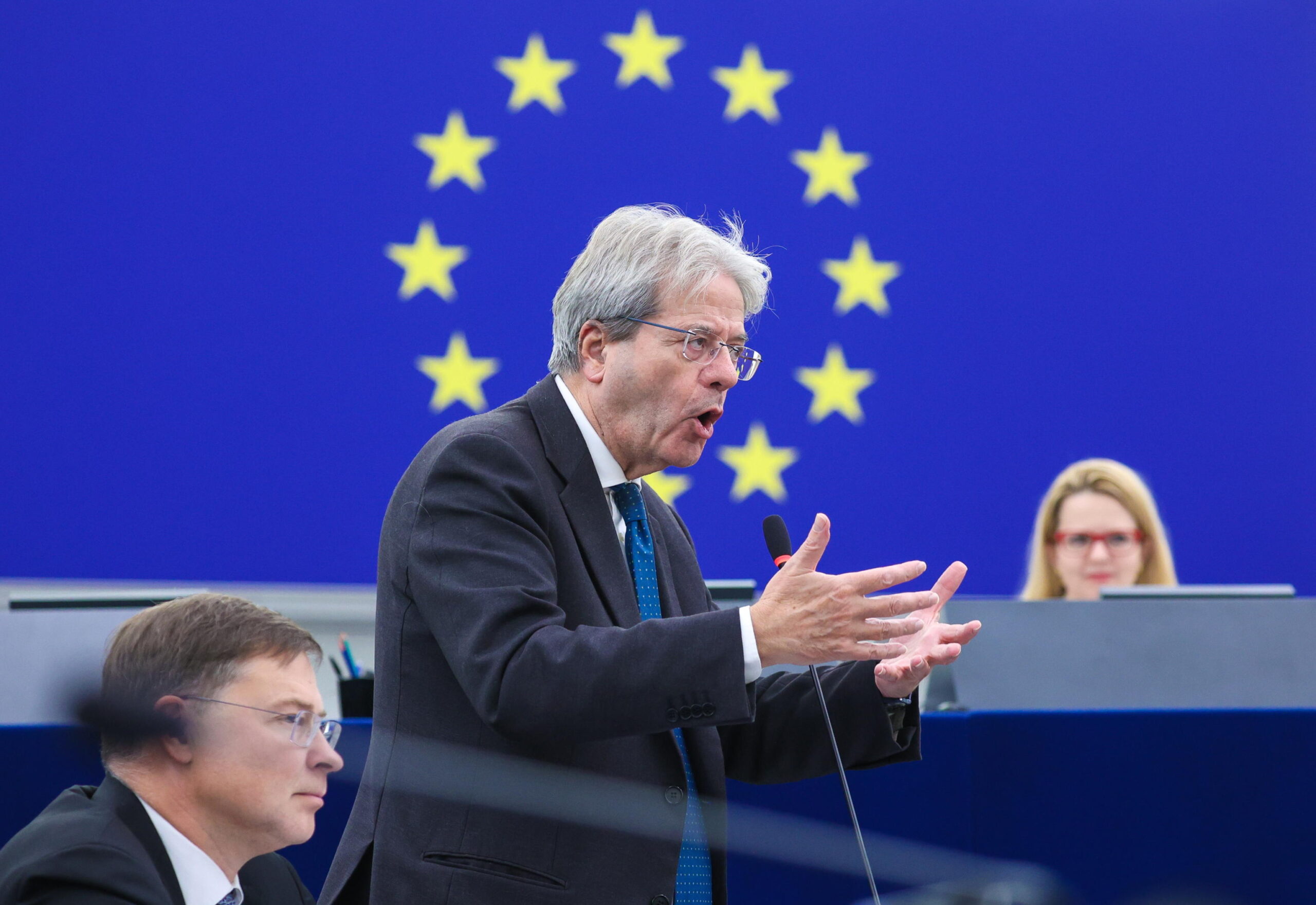On June 21, 191 Afghan women and children, previously refugees in Pakistan, They arrived in Italy through a humanitarian corridor promoted by the Community of Sant'Egidio. These people, after the fall of Kabul, spent three years in extremely precarious conditions. They will now be welcomed in Italy, where many entities of civil society and the ecclesiastical world are committed to helping migrants, asylum seekers and refugees find their place in the community.
Migrants, asylum seekers and refugees
- Migrants are all people who decide to leave their country for economic or family reasons, or to escape social, political or environmental instability.
- Asylum seekers are those who, because of their membership of an ethnic, political, religious or social group, They seek protection in another state because their lives are in danger.
- Refugees are those who have been granted refugee status, which guarantees asylum and legal protection to those who are persecuted in their country for reasons of race, religion, social or political affiliation and who cannot return there.
Although many leave their countries due to adverse conditions, often sharing the same suffering as refugees, many States do not recognize forms of protection for the majority of them. For example, economic or environmental migrants, who represent a growing share of forced migration, are not included in the criteria for obtaining refugee status.
You too can rediscover the pleasure of staying informed!
Your support helps protect our independence so we can continue to produce quality journalism that is open to all.
Support us
Humanitarian corridors
The humanitarian corridors, promoted by the Community of Sant'Egidio, the Federation of Evangelical Churches of Italy (FCEI) and the Waldensian Table, represent a safe solution for the arrival of vulnerable people through legal channels.
These entities are responsible, among other things, for identifying potential beneficiaries and transmitting the lists to the Italian authorities. The Ministry of the Interior therefore issues humanitarian visas, following which, once they have arrived safely, asylum seekers can apply for refugee status. These channels aim to combat human trafficking and provide a safe alternative to dangerous travel by sea or land.
Since 2016, over 7,226 people, mainly from Syria and the Horn of Africa, have arrived in Italy via these corridors. Given that many of them suffer from severe physical and psychological discomfort, due to the difficult conditions they experienced before arriving in Italy, organizations such as Doctors Without Borders (MSF) are responsible for providing them with support. For example, in 2021, after the arrival of 500 people from Libya, MSF provided accommodation for 25 people and rehabilitation assistance for 12 people..
Reception and awareness
Doctors Without Borders is also involved in “People on the move”a project that offers medical and psychological support to migrants. In Ventimiglia, MSF provides basic healthcare and socio-sanitary advice to migrants in transit between Italy and France. In Palermo, however, it offers medical and psychological support to people arriving by sea. Only in 2023, helped 5,486 people who landed on the Italian coast.
The organization Refugees welcome Italy offers hospitality to people who, upon leaving the reception centres, have papers but are not yet fully independent to live alone. Since 2019, it has activated more than 113 cohabitations, family foster care programs designed to promote integration and inclusion of refugees.
But there are also other examples of associations that seek to build a more open and inclusive community. In this regard, the Astalli Center has created “Itineraries”a project aimed at students in Lazio to raise awareness of the issues of asylum law, forced migration and reception.
These are just a few examples, among many others that exist, of companies that have been able to offer, through their projects, valuable initiatives to build a better futureA future based on the values of welcome, inclusion and solidarity.


